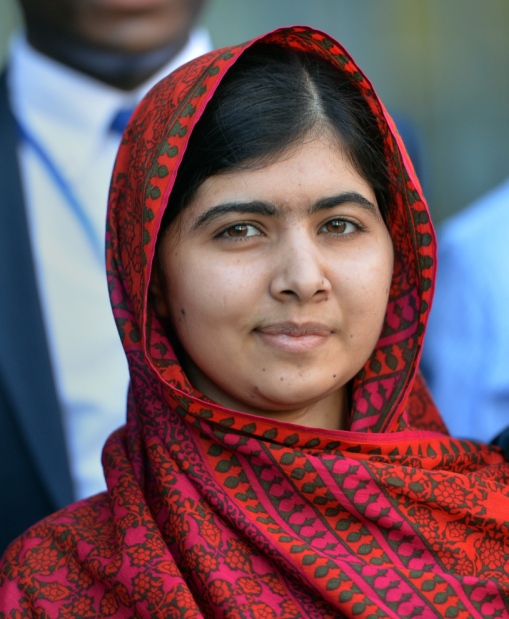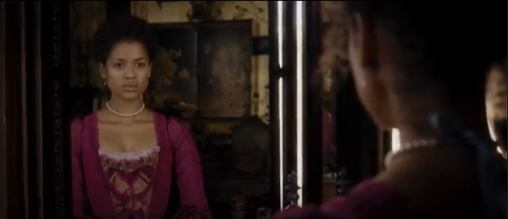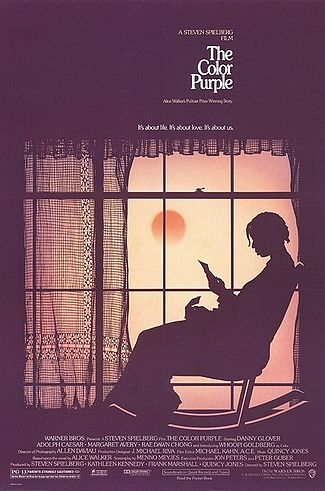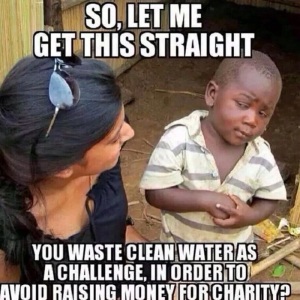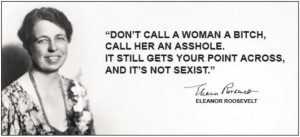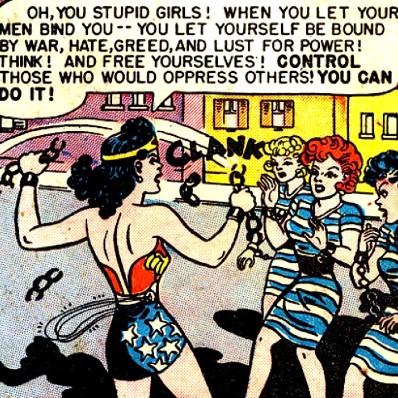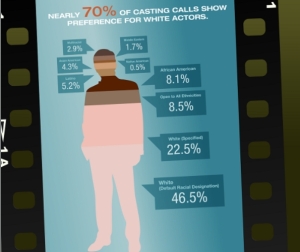In case you didn’t already know – which is crazy really because EVERYONE knows this – I’m a huge hard-core, die hard, [insert cool adjective] MJ fan. He was more than just the greatest entertainer that ever lived to me, he was an incredibly lovely human being and that’s probably what I love most about him. Anyway, a few days ago it was announced that a TV movie was going to be made, detailing an alleged road trip from New York to Ohio, involving Michael Jackson, Elizabeth Taylor and Marlon Brando after the 9/11 attacks. As an MJ fan, I can already tell how disrespectful the mere concept is not only to Michael Jackson’s legacy, but also to that of Elizabeth Taylor and Marlon Brando. But, let’s skip the issue that the movie in itself is based on a lie, to discuss what exactly has Black Twitter and Tumblr – and MJ fans alike – up in arms. White British actor Joseph Fiennes (Shakespeare In Love) was cast to play Michael Jackson…
Ever since the announcement, a lot of people have been putting in their two cents: MJ fans argue – rightfully so – that Michael himself wouldn’t have wanted a white actor to play him, while others insist that, although he was African American, he did appear white later on in his life, making it okay for a white actor to play him.
In the midst of all this, I realized something rather important. Most people seem to forget the reason Michael’s skin was so light during the second part of his life: vitiligo. Vitiligo is an incurable skin disorder that destroys skin pigmentation by portions while putting patients at higher risk of skin cancer. Michael suffered from vitiligo universalis (universal vitiligo), meaning that depigmentation altered most of his body. This affected him tremendously and on so many levels. Having to deal with such a rare condition (touching 1% of the world’s population) was traumatic on a personal level, especially given the beauty-obsessed business he was in. This caused him to keep his condition a secret, suffering in silence for years, thus putting him in a much lonelier, more marginalized place than he was in the first place due to his ground-breaking fame. As if that wasn’t enough, mainstream media ridiculed him and made him out to be ashamed of his race, brainwashing the public into believing that he’d purposefully whitened his skin so that he might be shunned by both the black and white community. Vitiligo also affected the way he dressed: he always wore long sleeves, surgical masks and even had an umbrella-man to protect his hypersensitive skin prone to cancer. Vitiligo was therefore a huge part of Michael Jackson’s experience and identity. To erase that would be to erase part of who he was.
So why has no one brought up the fact that if a movie was ever to be made about Michael, if anything, he should be played by a black actor who has vitiligo? Apart from Michael Jackson, there has never been a more famous person suffering from such a prominent case of vitiligo. Only very recently has the beautiful model Chantelle Winnie taken the world of fashion by storm. Despite that, people suffering from vitiligo still have very little representation in the world of movies and media at large. If I’m honest, I don’t think I’ve ever seen a movie or TV show depicting someone who has vitiligo. Making a movie about Michael Jackson is therefore the perfect opportunity to cast a black actor with vitiligo. A great opportunity not only in order to remain true to Michael’s story, but also for a black actor suffering from that skin disorder to actually get work, be put on the map and given a chance to showcase his talent. But that’s just too much asked it seems, instead all we get is yet another white guy stealing (appropriating wouldn’t be a bad word in fact) someone else’s job and therefore only managing to perpetuate the under representation – and often times misrepresentation – of a given group; in this case, black people suffering from vitiligo. Casting a white actor to play MJ strips him of the essence of what he was and represented: a talented, successful, affluent black genius who shaped the world of entertainment and broke racial barriers on one hand; and a regular black man struggling with the physical difficulties and social stigma that come with vitiligo on the other.
Proper casting is vital for so many different reasons. The first is credibility. Cis straight white non-disabled actors cannot fathom what it’s like to be part of a marginalized community. It doesn’t matter how much “research” you put into it, how much makeup and prosthetics you cake on, how many hours you spend with an accent coach, or with the real life person the story is inspired by. I don’t care if your name is Marlon Brando, or how empathetic you are, the bottom line is that you are and will always be cis, straight, white and non-disabled. Because of those inherent characteristics, and no matter how mesmerising your performance may be, you will never be able to trump that of an actor who actually possesses those characteristics by merely existing! Given the fact that you belong to a privileged group, you have no clue what it’s like to deal with transphobia, homophobia, racism, or ableism day in day out. As a member of that majority you cannot possibly grasp the nuances and subtleties of living that kind of life. Of course, one could make the case that acting is about putting yourself in the shoes of a character that is nothing like you in real life. However, in a system which oozes double standards and only allows for a “certain kind” of actor to play any existing role, while the rest only get crumbs, certain ethical rules certainly need to be set in order to restore equity.
The second reason is representation, because representation freaking matters! Newsflash: people hailing from marginalized groups actually enjoy reading books and magazines, watching movies and TV, seeing plays, and Broadway shows. Believe it or not, none of us live our lives being constant sidekicks to cis straight white non-disabled people. We are the leads in our own lives, so why not in movies also? We too deserve and long for the spotlight! Our stories matter, our opinions matter, our lives matter. I will never say this enough: Bend It Like Beckham changed my life. That kind of representation made the little brown girl in me subconsciously realize that I could take the driver’s seat. I could be the hero, I could be smart, I could be beautiful, I could be anything I wanted. I can do all that MY OWN WAY instead of constantly trying to tend towards whiteness. We live in a society that solely elevates the cis straight white non-disabled angle as the norm, the default narrative that everyone should strive towards. If you so happen to be a square peg in a round hole, you’re supposed to force yourself to fit that model until you break, instead of adapting it to who you really are. Such a mentality is toxic to us all. We all need to see different angles to broaden our horizons and better live together, and contrary to popular belief, the universe will not implode if all movies and stories do not automatically celebrate and worship cis, straight, white, non-disabled people.
 White privilege is profoundly embedded in society, and movies are no different. Cis straight white non-disabled actors in particular already have a wide array of roles to choose from in an industry where cis straight white non-disabled roles continue to be the rule. As if that wasn’t enough, they also get to take the scarce roles about marginalized people away from actors hailing from said groups, and who have a hard enough time as it is finding work. This is especially prevalent when it comes to roles about POC that seem to be constantly whitewashed so white actors may play them. The film industry therefore enables a bunch of white actors to play ancient Egyptians in Gods of Egypt, snow white Emma Stone gets cast to play a Hawaiian woman in Aloha, lily white Rooney Mara is even considered to play Tiger Lily in Pan, whiter-than-white-tea-drinking Benedict Cumberbatch gets to play actual Indian characters (not only Khan Noonien in Star Trek, but also Shere Khan in the upcoming Jungle Book movie), and still white Ben Affleck gets to be the Latino hero in Argo. Hollywood, French, British cinema (and should I say Western cinema at large), and let’s not forget Bollywood, has a long history of whitewashing roles that it has yet to address.
White privilege is profoundly embedded in society, and movies are no different. Cis straight white non-disabled actors in particular already have a wide array of roles to choose from in an industry where cis straight white non-disabled roles continue to be the rule. As if that wasn’t enough, they also get to take the scarce roles about marginalized people away from actors hailing from said groups, and who have a hard enough time as it is finding work. This is especially prevalent when it comes to roles about POC that seem to be constantly whitewashed so white actors may play them. The film industry therefore enables a bunch of white actors to play ancient Egyptians in Gods of Egypt, snow white Emma Stone gets cast to play a Hawaiian woman in Aloha, lily white Rooney Mara is even considered to play Tiger Lily in Pan, whiter-than-white-tea-drinking Benedict Cumberbatch gets to play actual Indian characters (not only Khan Noonien in Star Trek, but also Shere Khan in the upcoming Jungle Book movie), and still white Ben Affleck gets to be the Latino hero in Argo. Hollywood, French, British cinema (and should I say Western cinema at large), and let’s not forget Bollywood, has a long history of whitewashing roles that it has yet to address.
A similar phenomenon also occurs went it comes to LGBTQIA+ roles. Cis actor Jared Leto played Rayon, a trans woman in Dallas Buyers Club, which even owed him an Academy Award, when an actual trans actress could have and should have played that role. Same goes for cis Eddie Redmayne who recently played Lily, a trans woman in The Danish Girl, awarding him little to no criticism, while directly propelling him in the running for a very probable Oscar nod.
Another example is the infamous movie Stonewall that managed the prowess of whitewashing, cis-y-fying (is that even a word?) AND male-y-fying (now I’m just making up words) the actual story; thus magically turning Marsha P.Johnson and Sylvia Rivera, two black and Latino trans women – who played a central role in the Stonewall riots – into a cis white gay man played by a cis straight (?) white actor, Jeremy Irvine. More often than not, gay and lesbian roles go to straight actors. Back in the day, Brokeback Mountain was seen as such a progressive movie, finally offering some kind of representation to gay men, while starring two straight actors: Heath Ledger and Jake Gyllenhaal. When it comes to portraying lesbians, things are worse. Too often do casting directors make it a point to hire straight actresses who respond to society’s ideal of beauty (white, skinny and non-disabled) in order to fit sick male fantasies. The French coming-of-age drama movie entitled Blue Is The Warmest Color (La Vie d’Adèle), about a French teenager discovering her homosexuality was portrayed by Léa Seydoux and Adèle Exarchopoulos both straight as can be. Actress Adèle Exarchopoulos was in fact awarded a César (French Academy Awards) for the part. A more recent example is Carol, a story about a young aspiring photographer and her relationship with an older divorced woman, which stars none else but Cate Blanchett and Rooney Mara (her again…). Yup, you guessed it: straight, straight, straight!
And the same “rule” applies to disabled roles, with an increasing amount of non-disabled actors “cripping up” for roles. Claire Danes for example, won a Golden Globe for her portrayal of Temple Grandin, an autistic girl from Boston who went on to be a professor of animal science at Colorado State University, and even invented a stress-relieving device for autistic people. Did the casting directors even search for an autistic actress who could play the part? I seriously doubt that. Same goes for Eddie Redmayne (again!) in The Theory Of Everything who played Stephen Hawking, the famous theoretical physicist suffering from motor neurone disease. The movie owed Redmayne another Oscar nomination, all that at the expense of struggling disabled actors! Leonardo DiCaprio was also nominated for both a Golden Globe and Academy Award, at the tender age of nineteen, for his portrayal in What’s Eating Gilbert Grape of Arnie a young man suffering from developmental disability. The list goes on.
The result is that cis straight white non-disabled actors benefit doubly from this short-sighted, prejudiced system. Not only do they have millions of roles to pick and choose from, but those performances are often greatly applauded by the mass cis straight, white non-disabled public just as clueless about the realities of the communities whose narratives are stolen from. This makes me think of Black Swan. Majority of the public ignorant of ballet, actually believed that Natalie Portman did a lot of the dancing herself, which in fact sparked quite a controversy as to whether or not she truly deserved to win the Academy Award. The truth was that ballet dancer Sarah Lane was hired to perform the dance sequences. The reason for that being that a person who hasn’t studied ballet seriously from a very young age, cannot physically perform any of the complex steps required. No matter how hard an actor may work at it, it is just impossible because they haven’t developed certain muscles that dancers do when they are kids and still growing. Same goes for cis, straight, white, non-disabled actors! You cannot grow a sexual orientation, skin color or disability, nor can you possibly grasp those struggles.
The industry seems adamant to use the slyest methods, throwing in as much money as necessary on prosthetics, makeup, coaches, consultants, so cis straight white non-disabled people may continue snatching all the roles for themselves, instead of footing the bill for hiring actors who actually inherently, and naturally possess whatever characteristics needed for said roles.
Keen status-quo defenders are quick to argue that no, it isn’t racism, transphobia, homophobia, ableism, etc. We’re just being oversensitive! Perhaps – in Charlotte Rampling’s own words – black actors just aren’t talented enough, and fighting for more diversity in film really is “anti-white racism”. Or how about Ridley Scott’s two cents? Movies wouldn’t be funded if actors from marginalized groups were cast as leads. I mean, it is public knowledge that the only good, famous actors out there happen to be cis, straight white and non-disabled! Let’s please pretend like it has nothing to do with centuries of unfair advantages awarded by white supremacist, patriarchal societies thriving on slavery, colonisation and the constant shunning of LGBTQIA+ and disabled communities! “White privilege? There is no such thing! Black lives don’t matter! All lives matter!” Such attitudes only contribute to one thing: strengthening the status quo. Viola Davis couldn’t have been more right: “the only thing that separates women of color [and marginalized groups in general] from anyone else is opportunity. You cannot win an Emmy for roles that are simply not there.” Nor can you become a bankable, studio friendly actor if you aren’t given a chance to shine in the first place.
And please let us not make excuses for the actors who have the audacity of taking on said roles. The aforementioned people are big names and in no way need these roles to survive in the business. For one missed business venture, hundred other opportunities follow! Those faces are literally in EVERY OTHER MOVIE! It is therefore their responsibility to turn down roles that they would otherwise be STEALING from struggling actors from given marginalized groups. They (just as much as casting directors) should be held accountable for their actions by the public, instead of being blindly revered for something that isn’t theirs to play with in the first place.
 While it is great that #OscarsSoWhite has been grabbing so much attention, even leading to the adoption of concrete measures, let’s not make this an annual thing. Part of the reason Oscars are so white is because movies in general – released worldwide all year round – are so overwhelmingly white, cis, straight and non-disabled. Movies (and media in general) are made by and for people belonging to that privileged group. So maybe instead of just boycotting the Oscars, we should concentrate our energy on boycotting movies that lack diversity both in front and behind the camera. Minority groups have buying power, and if President Obama’s reelection has taught us anything, it is that united we no longer are a minority. Our voices count and have an impact. Remember what happened to the Stonewall movie? It tanked because and only because we all agreed to boycott. See how everyone’s talking about responsible eating? How about we made responsible movie-watching a thing? The rule is simple: if “African Americans and other minorities [including the LGBTQIA+ and disabled communities] don’t have fully realised lives rather than serve as scenery in white [cis, straight, non-disabled] stories”, then don’t watch it, don’t contribute to its box office revenue. No diversity, no money.
While it is great that #OscarsSoWhite has been grabbing so much attention, even leading to the adoption of concrete measures, let’s not make this an annual thing. Part of the reason Oscars are so white is because movies in general – released worldwide all year round – are so overwhelmingly white, cis, straight and non-disabled. Movies (and media in general) are made by and for people belonging to that privileged group. So maybe instead of just boycotting the Oscars, we should concentrate our energy on boycotting movies that lack diversity both in front and behind the camera. Minority groups have buying power, and if President Obama’s reelection has taught us anything, it is that united we no longer are a minority. Our voices count and have an impact. Remember what happened to the Stonewall movie? It tanked because and only because we all agreed to boycott. See how everyone’s talking about responsible eating? How about we made responsible movie-watching a thing? The rule is simple: if “African Americans and other minorities [including the LGBTQIA+ and disabled communities] don’t have fully realised lives rather than serve as scenery in white [cis, straight, non-disabled] stories”, then don’t watch it, don’t contribute to its box office revenue. No diversity, no money.
The manner in which media is constructed only benefits cis straight non-disabled white people. So while I cannot stress enough how important it is for POC, LGBTQIA+, disabled people to keep on writing our own stories, this also proves how critical it is that we occupy positions of leadership within the industry, (in all areas, from casting to directing and also Academy/César/BAFTA/etc. memberships) or else, the stories that we keep telling, OUR stories, will continue being whitewashed and miscast to further perpetuate our under-representation and misrepresentation, contributing in our erasure of media, and in time of History itself.
“Some things in life they just don’t wanna see But if Martin Luther was livin’, he wouldn’t let this be”
They Don’t Care About Us – Michael Jackson











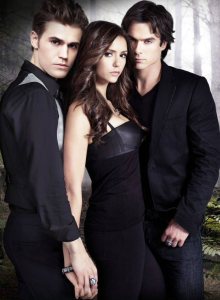

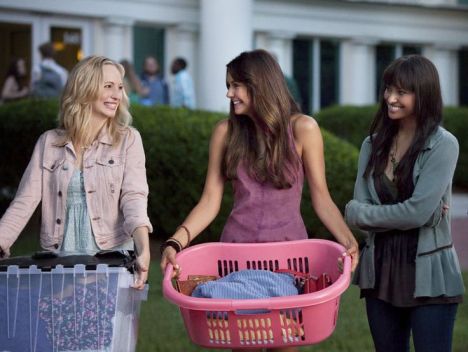




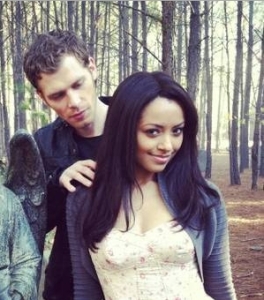

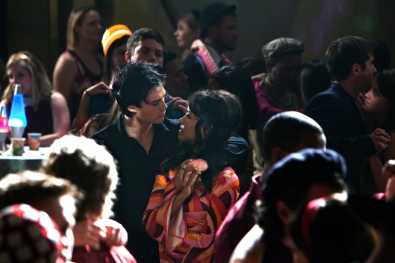
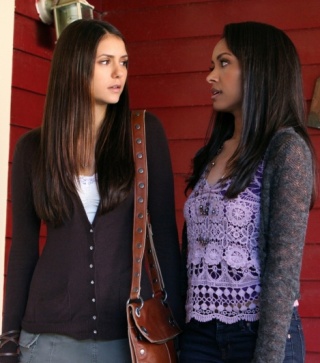








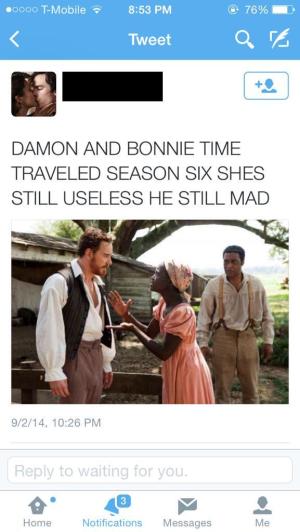








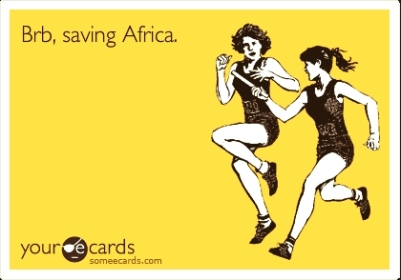


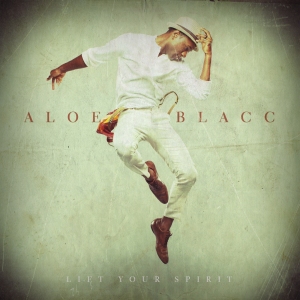



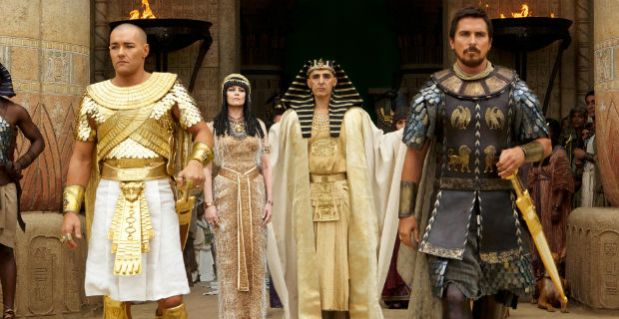









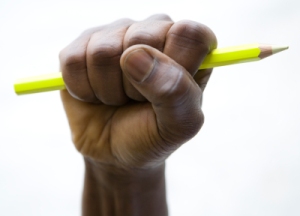 we understand each other on the stuff that matters because we know what it’s like to be forgotten, stereotyped, diminished, dominated, ridiculed and even hated. We know what it’s like growing up with media that completely ignores us as if we’re not interesting enough or even worth talking about. But I can also write about white people because I’ve grown up and live in white culture. It’s all around me. It’s all we ever see and hear about. It is by creating, writing, filming, producing, distributing our own stories that we can truly awaken people, both POC and white to reality and the importance of diversity and representation; so that one day none of us will ever have to explain to our coworkers why movies like Exodus are shameful, or even better, such bigoted movies would never be approved for funding in the first place.
we understand each other on the stuff that matters because we know what it’s like to be forgotten, stereotyped, diminished, dominated, ridiculed and even hated. We know what it’s like growing up with media that completely ignores us as if we’re not interesting enough or even worth talking about. But I can also write about white people because I’ve grown up and live in white culture. It’s all around me. It’s all we ever see and hear about. It is by creating, writing, filming, producing, distributing our own stories that we can truly awaken people, both POC and white to reality and the importance of diversity and representation; so that one day none of us will ever have to explain to our coworkers why movies like Exodus are shameful, or even better, such bigoted movies would never be approved for funding in the first place.











